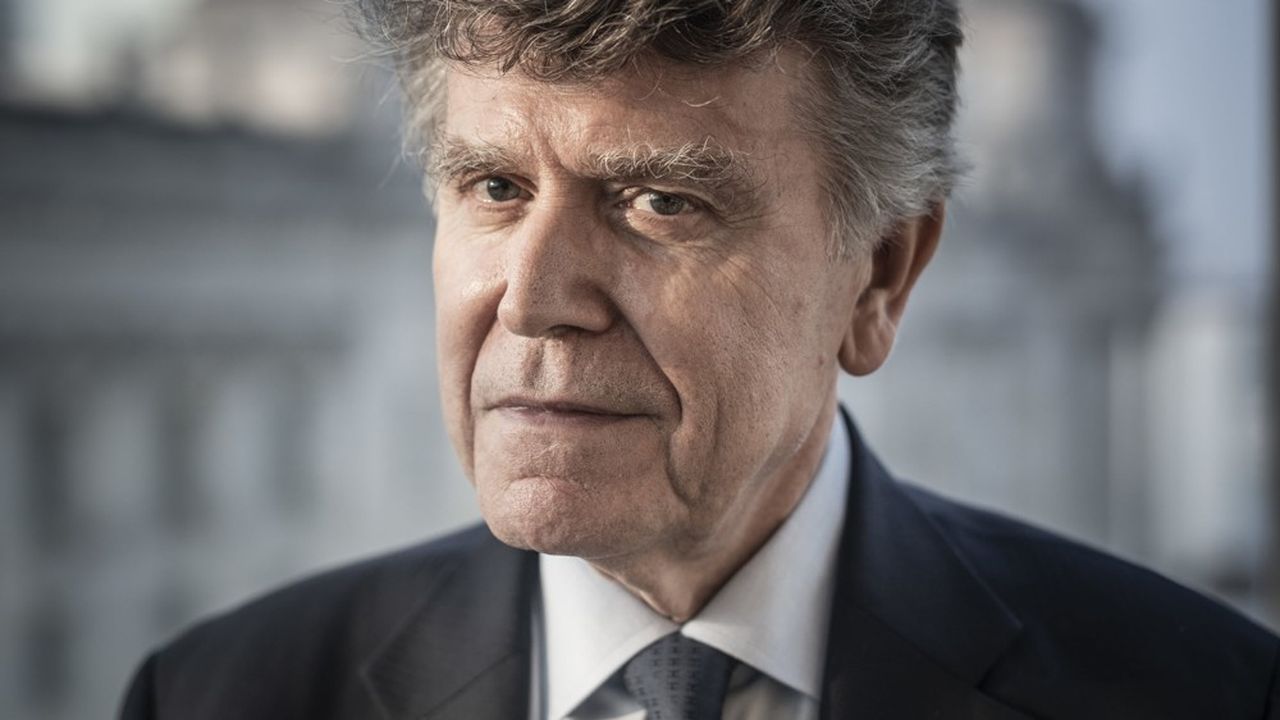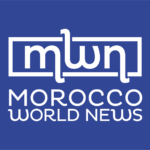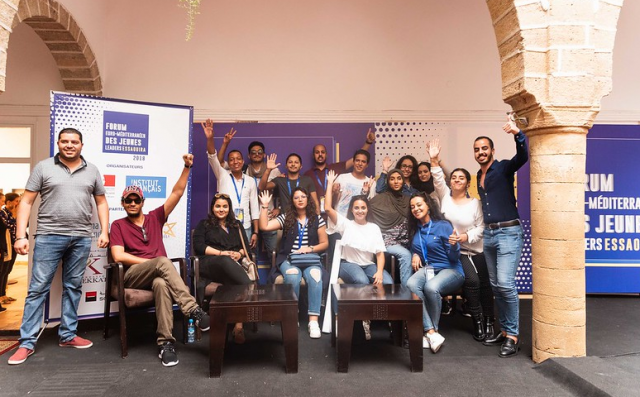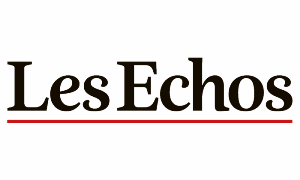
01.10.2021
Pour Thierry de Montbrial, président-fondateur de l’Institut français des relations internationales et de la World Policy Conference qui se tient cette année à Abu Dhabi, la nouvelle donne mondiale impose à la France de revoir les fondements de sa politique étrangère. Il livre ici ses pistes.
Thierry de Montbrial, economiste et geopolitologue (Dominik BUTZMANN/LAIF-REA)
Quelle leçon pouvons-nous tirer de la crise transatlantique qui est née de la nouvelle alliance Aukus ?
Cet incident est un révélateur. La politique étrangère américaine est entrée dans une nouvelle phase depuis au moins Obama, pour des raisons objectives : la nécessité pour eux du « pivot » vers l’Asie. Ceux qui pensaient que l’élection de Joe Biden marquerait un retour au bon vieux temps se sont trompés. La Maison-Blanche est un peu plus polie, mais elle est brutale. Ce qui reste extraordinaire, c’est la parenthèse de 40 ans qu’a représentée l’Alliance atlantique, avec une continuité unique dans l’histoire des Etats-Unis.
De mon point de vue, la « mort cérébrale » de l’Alliance atlantique, comme le dit Macron, date de 1991 [NDLR : la dissolution de l’URSS]. On n’avait jamais vu une alliance survivre aussi longtemps après la disparition de sa cause originelle. Elle s’est maintenue parce qu’on a fait l’élargissement de l’Europe à marche forcée dans le cadre atlantique, ce qui en retour a été perçu comme une menace par la Russie. Pour les Américains, seules existent les « institutions euro-atlantiques ». L’Europe, c’est pour le marché. L’affaire des sous-marins a mis les contradictions au grand jour.
Que doit-on en tirer comme conclusion ?
En politique étrangère, sur le long terme, on a le poids de son économie. Pour peser, il faut des moyens. Un pays incapable de mener ses réformes économiques ne peut pas maintenir indéfiniment « son rang », pour parler comme de Gaulle. Il faut donc, comme il l’a voulu en 1958, que la France reprenne la maîtrise de son destin économique. Sinon, sa crédibilité à l’intérieur même de l’Europe continuera de s’affaiblir. Faute de renverser le cours des choses, on ira de crise en crise.
Depuis la chute de l’Union soviétique, notre liberté d’action vis-à-vis des Etats-Unis n’a fait que diminuer. Il ne faut pas confondre la souveraineté, qui est une notion juridique, et l’indépendance, c’est à dire la capacité de résister aux forces qui nous entrainent là où on ne veut pas aller. Je crois nécessaire de procéder à une évaluation précise de la réalité de notre indépendance dans l’interdépendance, pour parler cette fois comme Edgar Faure, aussi bien au sein de l’Union européenne que de l’Alliance atlantique.
Concrètement, comment la France doit se positionner face à l’Aukus ?
Nous devons réfléchir au fondement même de notre politique étrangère, dont le narratif (membre permanent du Conseil de Sécurité, possession de l’arme nucléaire…) a peu changé depuis le général de Gaulle. Nous n’avons aucune raison de quitter l’Alliance atlantique, mais nous n’avons aucun intérêt à la voir se transformer en alliance anti-chinoise. Nous pouvons et nous devons contribuer à la liberté de navigation dans l’ Indo-Pacifique , mais l’Alliance atlantique n’est pas faite pour cela.
Nous ne sommes évidemment pas équidistants entre les Etats-Unis et la Chine, mais les intérêts français ou européens sont loin d’être identiques aux intérêts américains. Et en matière de sécurité, l’instabilité de notre voisinage au Sud et à l’Est devrait constituer notre préoccupation principale. L’essentiel des maigres moyens dont nous disposons doit être concentré dans ces directions.
Les Britanniques, qui sont géographiquement en Europe, ne font pas cette analyse, puisqu’ils rejoignent cette alliance ?
Pendant quelques décennies, une partie de l’opinion anglaise a sincèrement voulu jouer le jeu européen. Mais la Grande-Bretagne est une île attirée par le grand large et par les terres anglophones. Boris Johnson essaye de rejouer la partie de la relation spéciale avec les Etats-Unis. Les Anglais ne se sont jamais sentis complètement à l’aise en Europe.
Les plus européens d’entre eux n’ont jamais partagé la vision des pères fondateurs de l’Union européenne. Cela dit, nous conserverons beaucoup d’intérêts communs, comme la liberté de navigation. Nous n’avons pas besoin de l’ Aukus , qui est une institution anglo-américaine pur sucre.
Selon vous, quelle serait la priorité pour l’Europe en termes de politique étrangère : définir sa position par rapport à la Chine, sa politique indo-pacifique ou construire son autonomie stratégique ?
L’expression autonomie stratégique reflète actuellement un rêve plus qu’une réalité. Elle heurte les Allemands attachés à l’Alliance atlantique comme à un totem. En pratique il faut commencer par identifier clairement les intérêts stratégiques que les membres de l’Union européenne ont vraiment en commun, et nous entendre sur les priorités. Les Polonais et les Français, par exemple, ne voient pas les choses de la même manière.
Donc, plutôt Chine ou indo-pacifique ?
Nous devrions nous intéresser prioritairement aux risques liés à l’instabilité de notre voisinage. Il n’en est pas moins vrai qu’au-delà le maintien de la liberté de navigation par exemple est fondamentale. Nous ne pouvons y contribuer que marginalement par rapport aux Etats-Unis, en contrepartie de quoi nous devons assumer davantage la charge de notre sécurité sur nos flancs. Tel devrait être le véritable « partage du fardeau » que réclament les Etats-Unis, et non la soumission à leurs vues.
Quant à la Chine, on en revient toujours au même point. Les Allemands y ont des intérêts commerciaux ; ils vont tout faire pour les ménager. Comme ils le font avec la Russie. Aucun pays en Europe ne veut être acculé à un affrontement brutal avec la Chine. Comment donc faire face aux pressions américaines ? D’où l’importance de récupérer une certaine liberté d’action.
Pourquoi ne pas suivre la stratégie anti-chinoise américaine ? C’est une menace plus grande que l’Union soviétique des années 1990, qui était moribonde.
La menace soviétique était objective après la Seconde Guerre mondiale. L’Alliance atlantique fut un grand succès parce que les Etats-Unis avaient évidemment intérêt à ce que le continent européen ne tombe pas sous la coupe des Soviétiques. La question posée actuellement par la Chine est très différente. Où se trouve aujourd’hui la menace chinoise sur l’Europe ? Les Européens ont des intérêts à défendre. Il faut commencer par bien les identifier. Nous n’avons pas besoin d’une alliance militaire pour cela. Plus tard, tout dépendra des circonstances.
Mais si la liberté de navigation, et donc de commerce, est menacée en Asie du Sud-Est ?
Le fameux article V du traité de l’Atlantique Nord stipule que si l’un des Etats membres est attaqué, les autres doivent faire ce qu’ils peuvent pour le défendre. Mais l’extension subreptice de la puissance n’est pas une attaque. Une éventuelle invasion de Taïwan par la Chine serait d’une tout autre nature et aurait d’immenses conséquences internationales. Mais ce genre de risque ne doit pas conduire les Européens à s’écarter de leurs priorités dictés par la géographie.
C’est pourtant la question qu’a posée Theresa May à Boris Johnson, après le ralliement à Aukus ?
Je suis convaincu depuis longtemps que la question de Taïwan est une question majeure pour les prochaines années. Elle est au coeur de la rivalité sino-américaine. Les Européens pèsent peu – je ne dis pas rien – dans cette affaire. En revanche, ils doivent s’intéresser de près, par exemple, à la compatibilité de la politique étrangère du président Erdogan avec le maintien de la Turquie dans l’Alliance atlantique. Intéressons-nous de plus près à notre périphérie ! Notre flanc sud, l’Afrique du Nord, le Sahel, le golfe de Guinée… Notre flanc sud-est qui est le Moyen-Orient. Et bien sûr notre flanc Est, c’est-à-dire le monde ex-soviétique.
En France, nous avons un héritage diplomatique et militaire remarquable mais l’état de notre économie limite nos moyens. Du point de vue de nos capacités, Taïwan n’est pas une priorité en matière de sécurité et de défense. Au niveau européen, il faut rechercher avec nos partenaires quels sont nos intérêts vraiment communs. Il faut retourner à la base. Et ne pas nous laisser vassaliser par les Etats-Unis, dont les erreurs au Moyen-Orient depuis quarante ans ont contribué à notre affaiblissement.
Joe Biden menace-t-il davantage la stabilité du monde que Donald Trump ?
La décision de retrait d’Afghanistan répond à la lassitude des Etats-Unis. Ils l’ont fait, mal, et sans consulter personne. Ceux qui s’en remettent durablement aux Etats-Unis pour leurs intérêts vitaux le font à leurs risques et périls. Trump pouvait faire n’importe quoi. Biden est beaucoup plus prévisible. Le bulldozer américain est engagé à 100 % sur la question chinoise et tentera d’écraser tout ce qui se met en travers.
Un pays ne peut déléguer à personne ses intérêts vitaux. S’il est coincé, il choisit un protecteur et, en ce cas, en accepte les conditions, quelles qu’elles soient. En sommes-nous à ce point ? Je ne crois pas. Et devons-nous abandonner l’idéal d’une Europe moins dépendante ? Certainement pas.
Pour retrouver du poids diplomatique, la France et l’Europe doivent donc renforcer leur force économique ?
Aujourd’hui, la France est une grande puissance moyenne. Le nouveau non-alignement, c’est faire entendre la voix de ceux qui ne veulent pas devenir les vassaux des Etats-Unis ou de la Chine, même si évidemment dans notre cas nous sommes beaucoup plus proches des Américains. Nous avons encore de beaux restes. Si nous, Français, et nous, Européens, voulons prétendre à un rôle de leader des puissances moyennes, nous devons valoriser notre modèle d’une puissance démocratique et non impérialiste.
L’incident des sous-marins peut provoquer un réveil. Elle nous oblige à sortir de notre naïveté vis-à-vis des Etats-Unis. La tradition industrielle, diplomatique et militaire française a encore des racines vigoureuses. Le déclin n’est pas irréversible. Les Allemands peuvent eux aussi participer au projet d’une Europe plus européenne : à la manière de Jean Monnet, celle des petits pas. Quant à nous, pratiquons la modestie ambitieuse !
Nicolas Barré et Virginie Robert
Lire l’article sur Les Echos
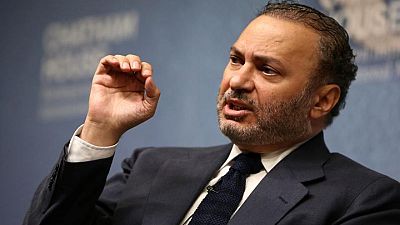



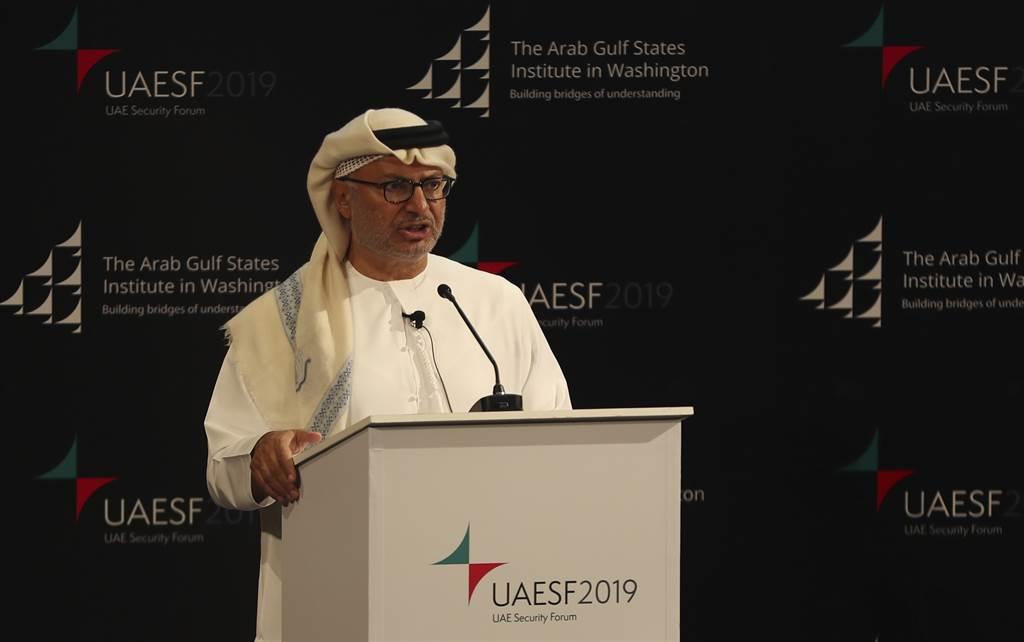 阿聯酋總統的外交顧問以及前外交部長Anwar Gargash。(圖/美聯社)
阿聯酋總統的外交顧問以及前外交部長Anwar Gargash。(圖/美聯社)
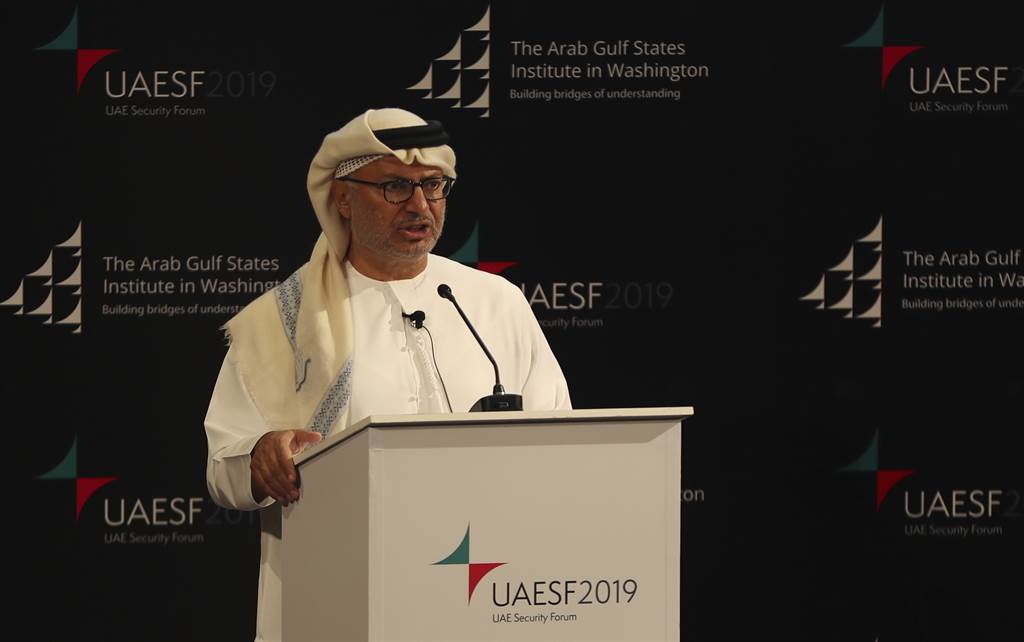

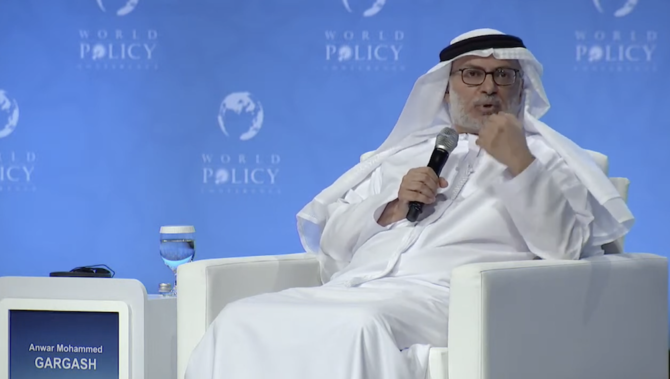 Anwar Gargash, the UAE’s presidential diplomatic adviser and former minister of state for foreign affairs, was speaking at the World Policy Conference in Abu Dhabi. (Screenshot)
Anwar Gargash, the UAE’s presidential diplomatic adviser and former minister of state for foreign affairs, was speaking at the World Policy Conference in Abu Dhabi. (Screenshot)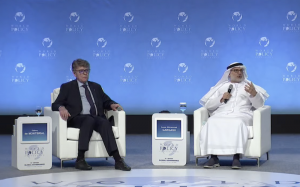
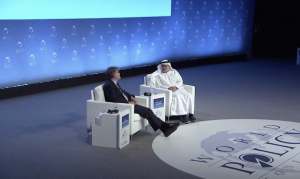
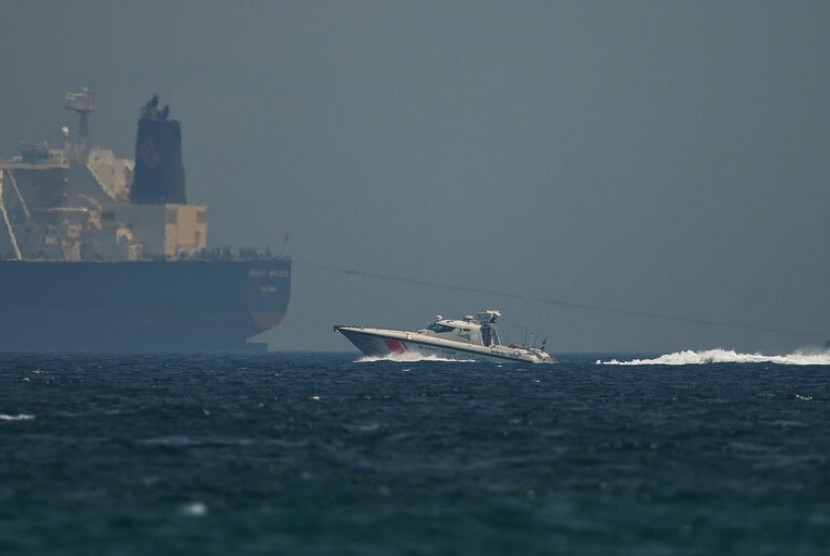
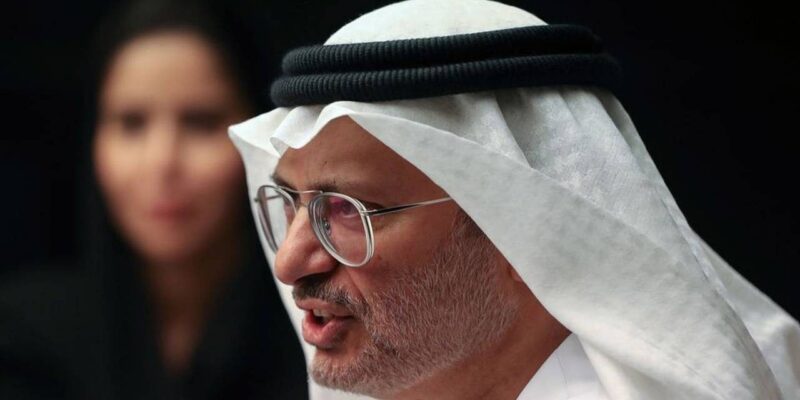

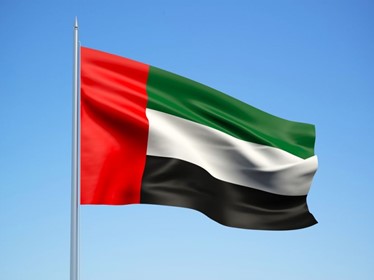

 UAE minister Sheikh Nahyan bin Mubarak opens World Policy Conference in Abu Dhabi
UAE minister Sheikh Nahyan bin Mubarak opens World Policy Conference in Abu Dhabi

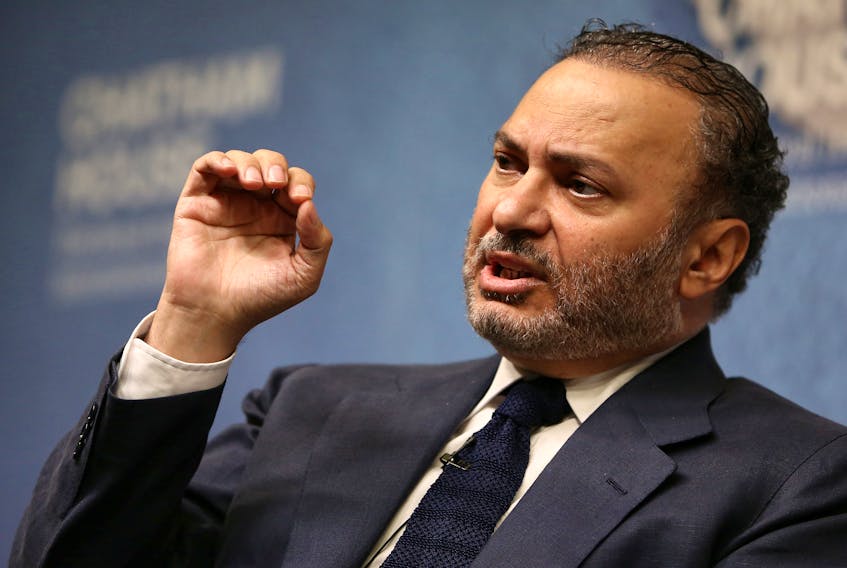

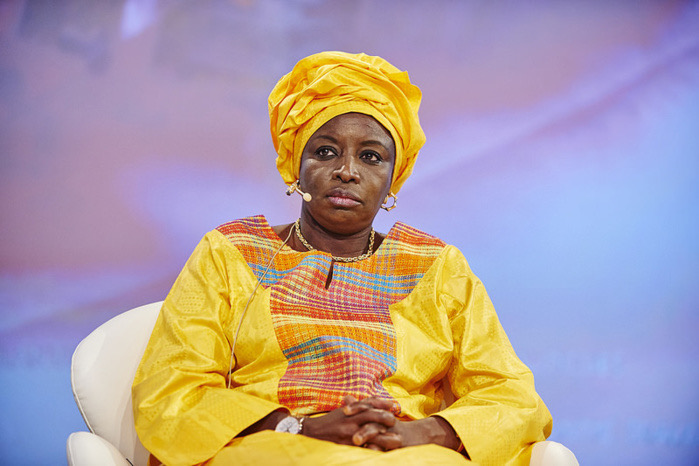



 President Kagame speaking at the 14th edition of the World Policy Conference on October 1, Abu Dhabi, UAE. Photos/Urugwiro Village.
President Kagame speaking at the 14th edition of the World Policy Conference on October 1, Abu Dhabi, UAE. Photos/Urugwiro Village.


 President Kagame arrived in Abu Dhabi on Thursday. Photos/Urugwiro Village.
President Kagame arrived in Abu Dhabi on Thursday. Photos/Urugwiro Village.



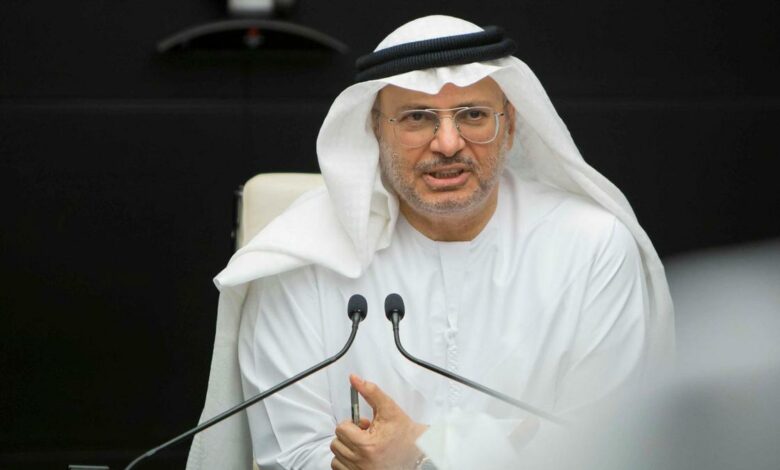


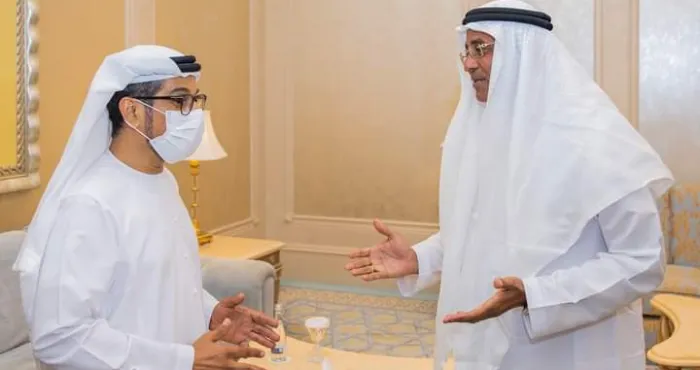


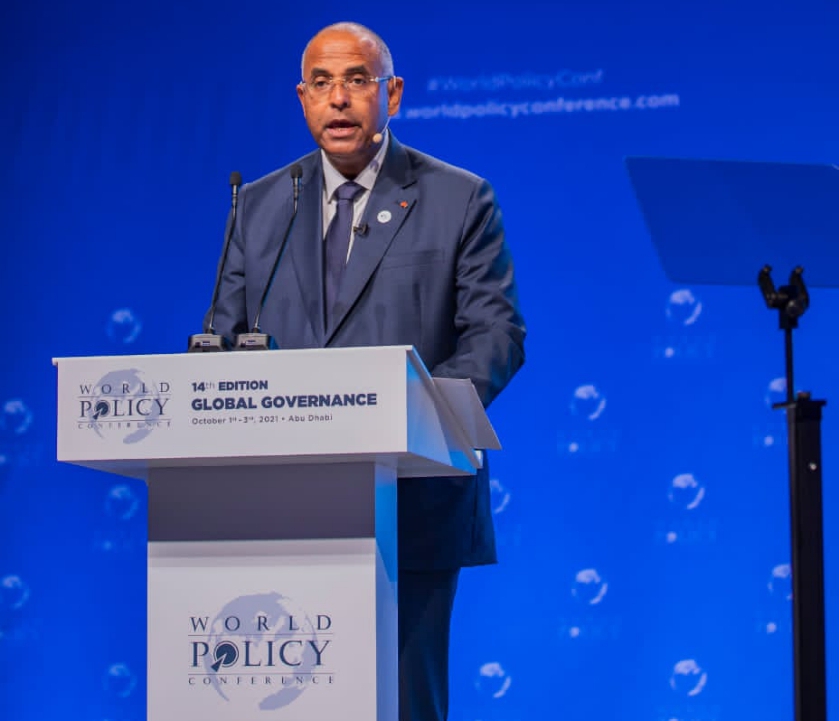


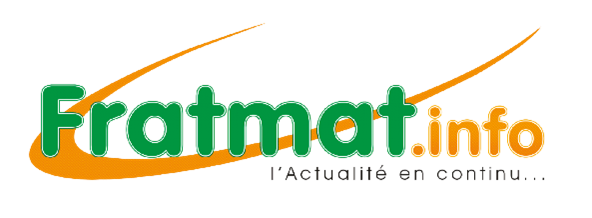
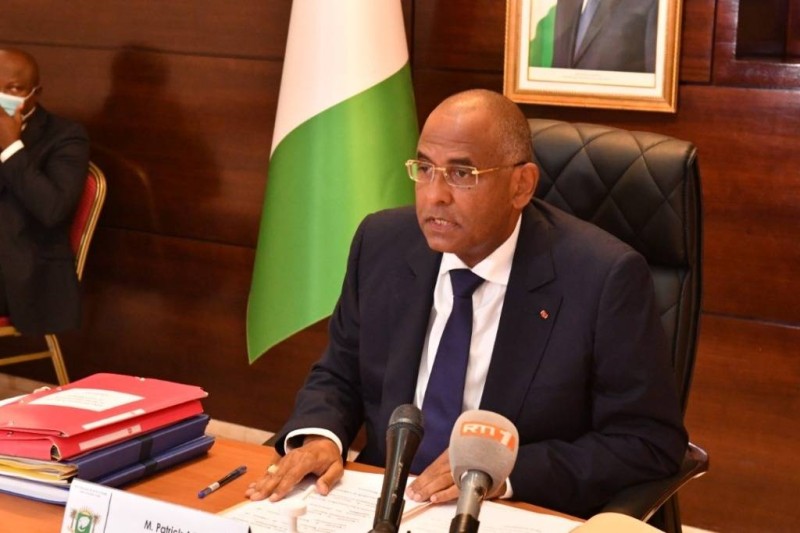

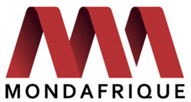
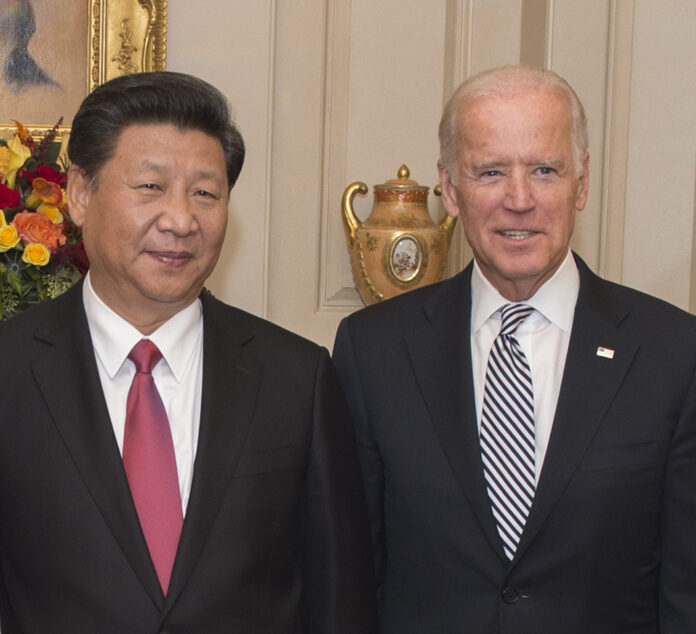
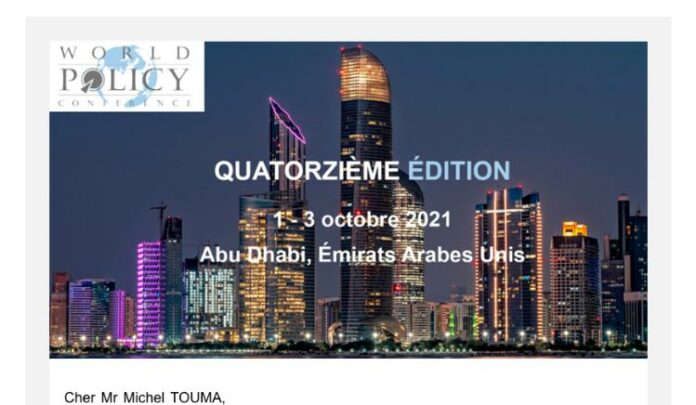

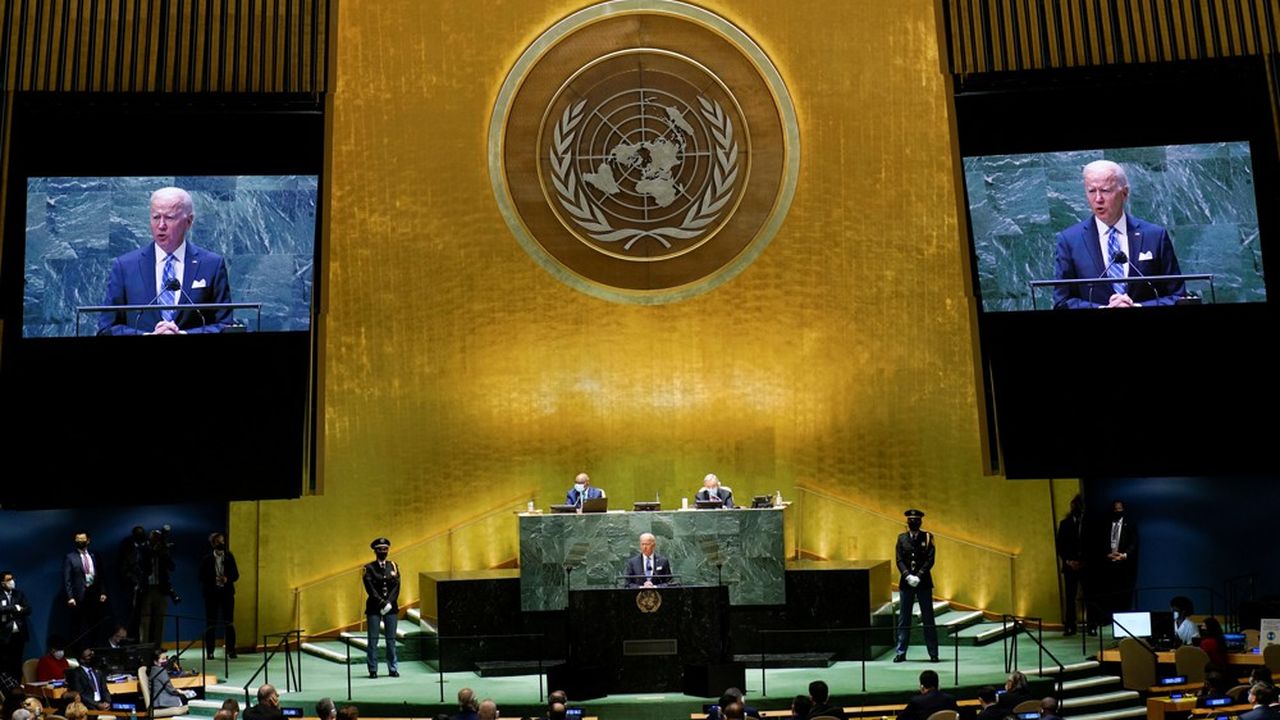 Le président américain, Joe Biden, lors de son discours à l’Assemblée générale des Nations unies, le 21 septembre dernier. (REUTERS/Eduardo Munoz/)
Le président américain, Joe Biden, lors de son discours à l’Assemblée générale des Nations unies, le 21 septembre dernier. (REUTERS/Eduardo Munoz/)